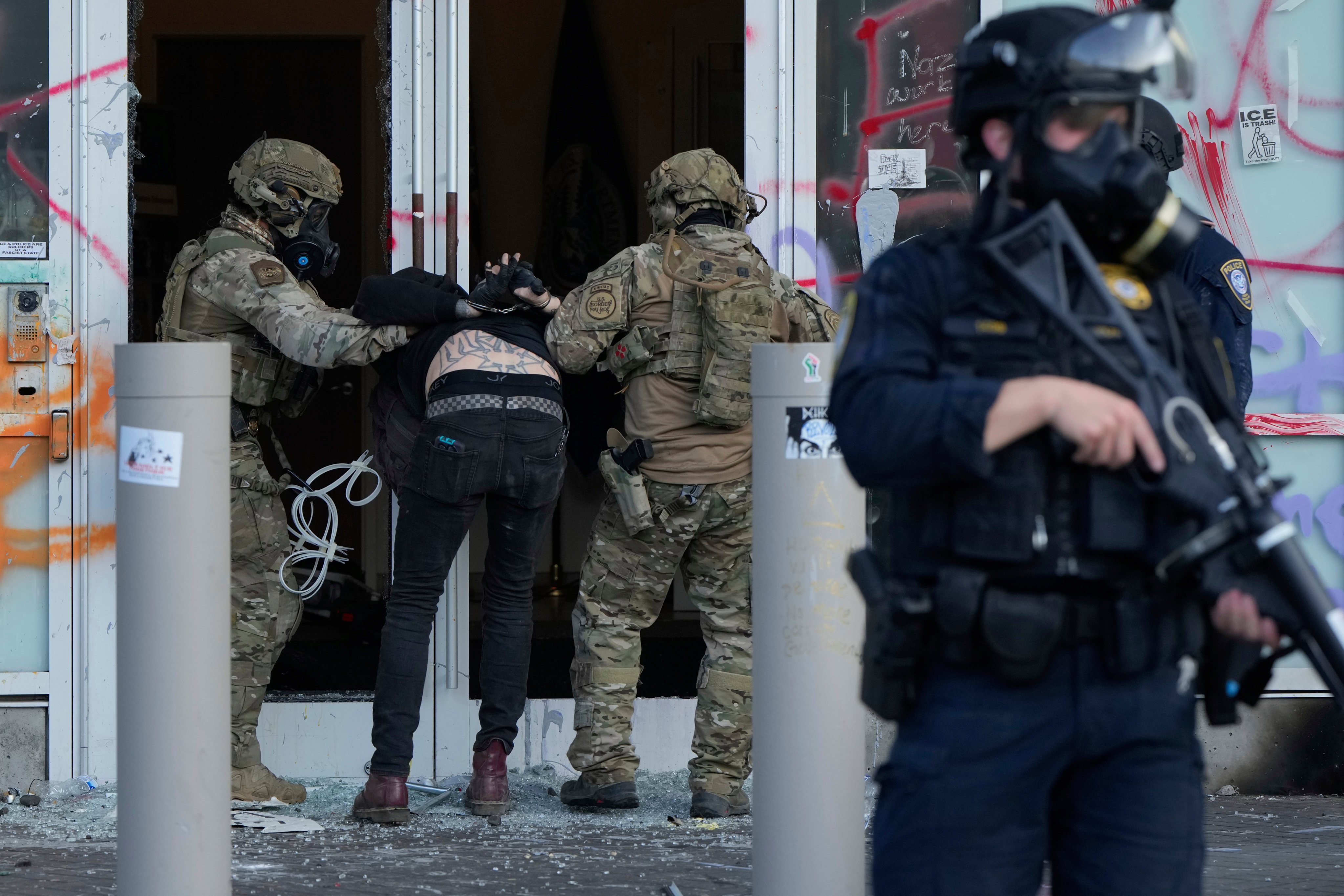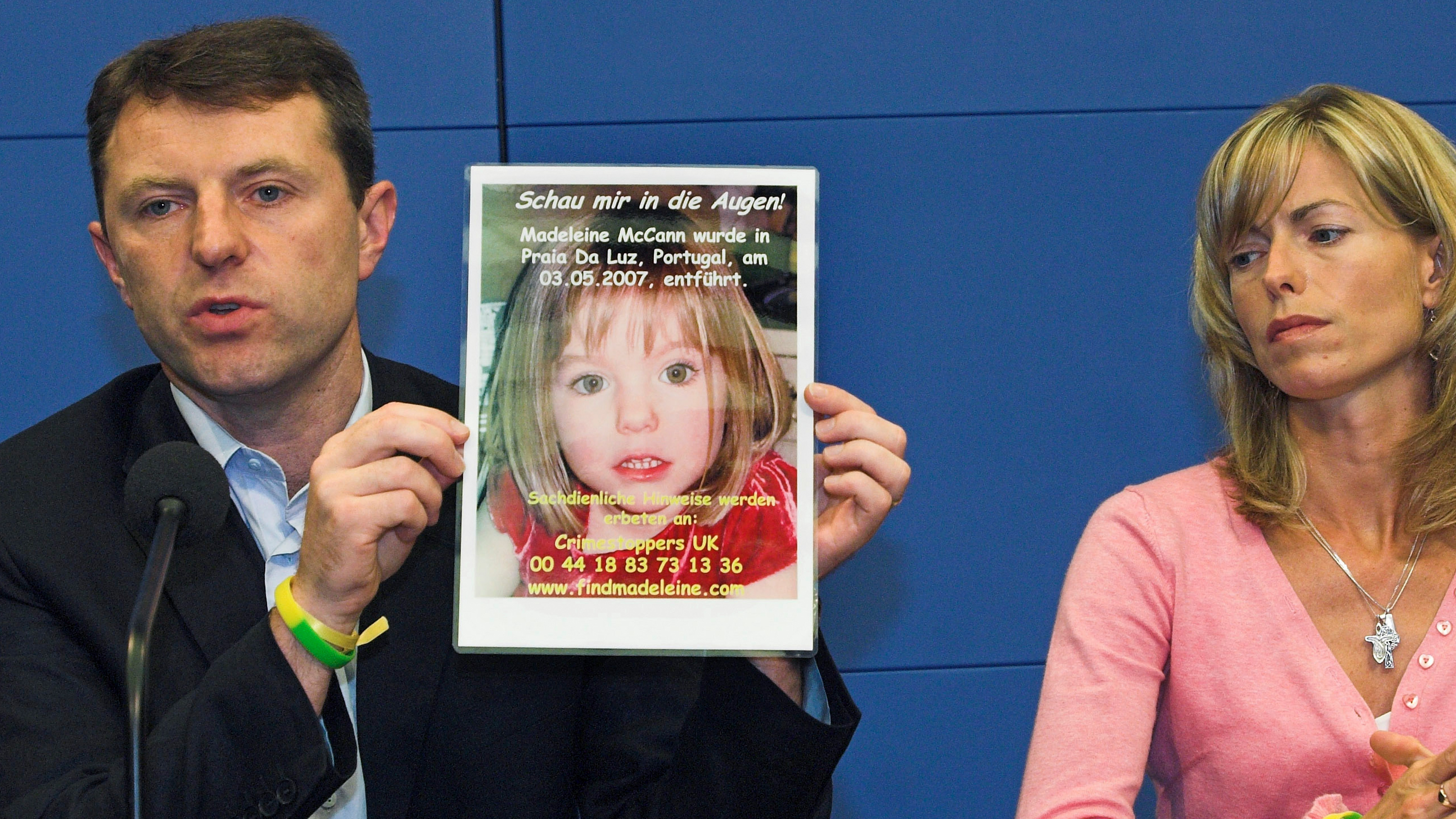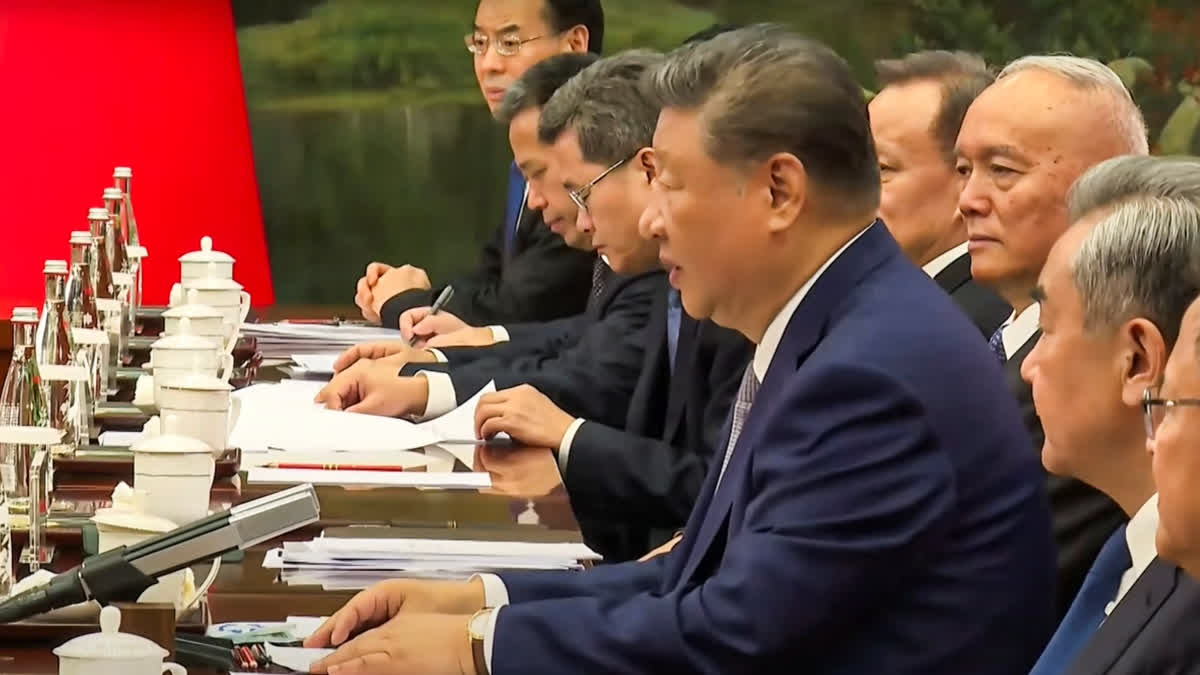France has recently taken the significant step of summoning the United States ambassador in response to a controversial letter that accused the French government of failing to address antisemitism effectively. This diplomatic move underscores the sensitivity of the issue and the broader implications for Franco-American relations, as well as the global fight against hate speech and discrimination.
The letter, which has sparked considerable debate, reportedly criticized France’s efforts in tackling antisemitism, suggesting that the government’s response has been inadequate in the face of growing concerns. For French officials, this accusation was not only unexpected but also regarded as a direct challenge to the nation’s longstanding stance on equality and secularism.
An issue of national values and global perspective
France has historically positioned itself as a staunch defender of liberty, equality, and fraternity—principles deeply embedded in its constitution and cultural identity. However, recent years have seen an uptick in antisemitic incidents, leading to increased scrutiny from both domestic and international observers. The government has repeatedly stated its commitment to fighting all forms of discrimination, including antisemitism, but critics argue that more decisive measures are needed.
Summoning the American ambassador illustrates France’s resolve to confront what it views as an unjust and baseless representation. Diplomats with knowledge of the situation indicate that the gathering was intended to obtain clarification and reassert France’s stance, highlighting its continuous endeavors to protect the rights and security of its Jewish population.
Rising concerns over antisemitism in Europe
The problem of antisemitism is not limited to France; it is a rising issue throughout Europe. Numerous nations have noted a rise in antisemitic incidents, hateful rhetoric, and damage aimed at Jewish communities. This concerning pattern has sparked renewed discussions about freedom of speech, religious tolerance, and the responsibilities of governments in stopping hate crimes.
France, which hosts one of the most significant Jewish communities in Europe, has encountered unique difficulties in handling these issues. Officials have initiated awareness programs, boosted protection in vulnerable zones, and pursued legal proceedings against offenders. However, advocacy organizations and certain politicians argue that these efforts are insufficient to eliminate the deep-seated reasons for animosity.
Political consequences and diplomatic conflicts
The correspondence from the United States, which has been extensively covered in media outlets, introduces a diplomatic layer to an already intricate matter. Despite the strong bilateral relations between Washington and Paris, there are instances when their stances on human rights and civil liberties diverge. This recent dialogue highlights the influence that nuanced cultural and social matters can exert on international diplomacy, even among enduring allies.
By calling in the ambassador, France is sending a clear message: it will not allow its efforts to be undermined by external criticism without a response. French officials are expected to provide detailed evidence of the country’s initiatives to combat antisemitism, reinforcing their narrative that the government is taking the threat seriously and acting within the framework of democratic values.
Broader debate on accountability and responsibility
This controversy also raises fundamental questions about how nations hold each other accountable on human rights issues. Should allies publicly call out perceived shortcomings, or work behind closed doors to encourage progress? There is no easy answer. Some argue that public criticism can prompt change, while others believe it risks alienating partners and fueling nationalist sentiments.
As this scenario develops, both France and the United States must find a middle ground between honesty and diplomacy. The main objective remains the same: to eradicate antisemitism and guarantee the security and respect of Jewish communities globally.
The dialogue initiated by this diplomatic incident is ongoing. Analysts will be closely monitoring to determine if the dispute results in enhanced collaboration in the fight against antisemitism or if it creates tension in what is generally a robust partnership. One thing is certain: the matter transcends politics and relates to the core principles of tolerance, equality, and mutual respect that both countries assert they support.
As societies grapple with rising extremism and polarization, the responsibility to confront hatred in all its forms becomes even more pressing. Whether through education, law enforcement, or international collaboration, the fight against antisemitism demands unwavering commitment and genuine solidarity.






